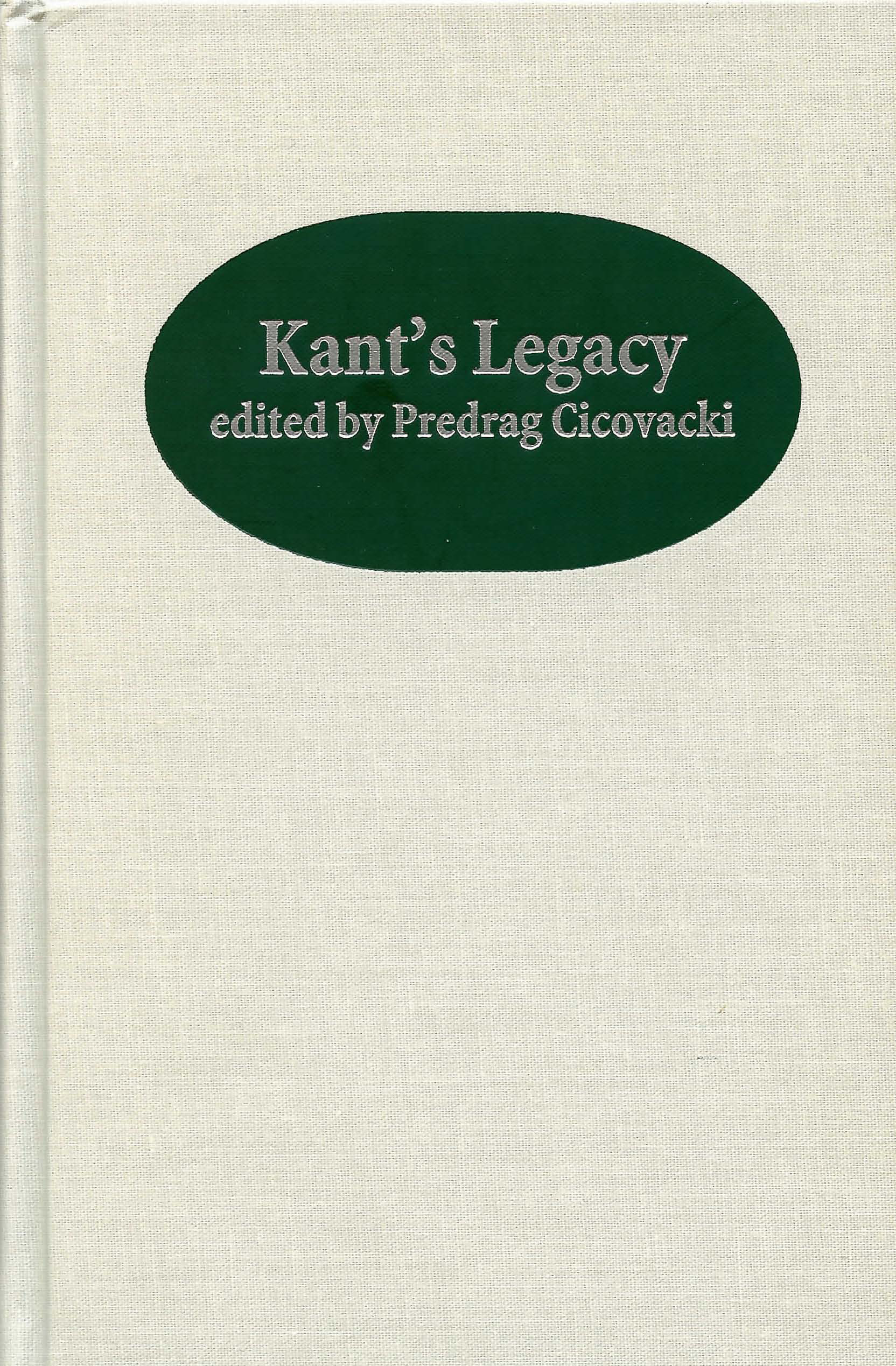Kant versus Eudaimonism
Published online by Cambridge University Press: 22 March 2023
Summary
Kant was among the first to break decisively with the eudaimonistic tradition of classical ethics by declaring that the moral principle is entirely distinct and divergent from the principle of happiness (Groundwork, 4:393; Practical Reason, 5:21–7). I am going to argue that what is at issue in Kant’s rejection of eudaimonism is not fundamentally any question of ethical value or the priority among values. On the contrary, as I shall argue, on these matters Kant shares the views that led classical ethical theory from Socrates onward to embrace eudaimonism. Instead, where Kant breaks with classical ethics is in the conception of human nature. Kant’s conception of human nature so altered the application of moral principles that it forced a change in the way happiness was conceived, leading to a reversal of what had earlier been thought about the relation of the principle morality to the pursuit of happiness.
I. Classical Eudaimonism
The classical ethical theories of Plato, Aristotle, and the Stoics took it for granted that happiness (eudaimonia) is the encompassing human good, the final end of human life. As such, happiness (or at least its dominant component) is identified by the classical theories with either the possession or the exercise of moral virtue. A separate strand in the Western tradition, deriving from Eudoxus and Epicurus, identified happiness with pleasure; but it, too, took happiness to be the encompassing human good, and sought to find a place for the moral good within eudaimonism. It therefore identified moral virtue as the indispensable means of achieving happiness. Christian philosophers tended on the whole to follow the classical theories, especially those of Aristotle and the Stoics, but the Epicurean tradition made a strong comeback in the early modern period. The identification of happiness with pleasure (either in general or in its highest forms) is found in many moderns, among them Malebranche, Arnauld, Locke, Shaftesbury, Bentham, and the French lumières. Since Kant also identifies happiness with subjective satisfaction, and sometimes even with pleasure, he too belongs to this modern Epicurean tradition concerning what happiness consists in.
The classical tradition in ethics assumes that the human good (under the name of “happiness”) can be represented as a single object of desire.
- Type
- Chapter
- Information
- Kant's LegacyEssays in Honor of Lewis White Beck, pp. 261 - 282Publisher: Boydell & BrewerPrint publication year: 2001
- 9
- Cited by



